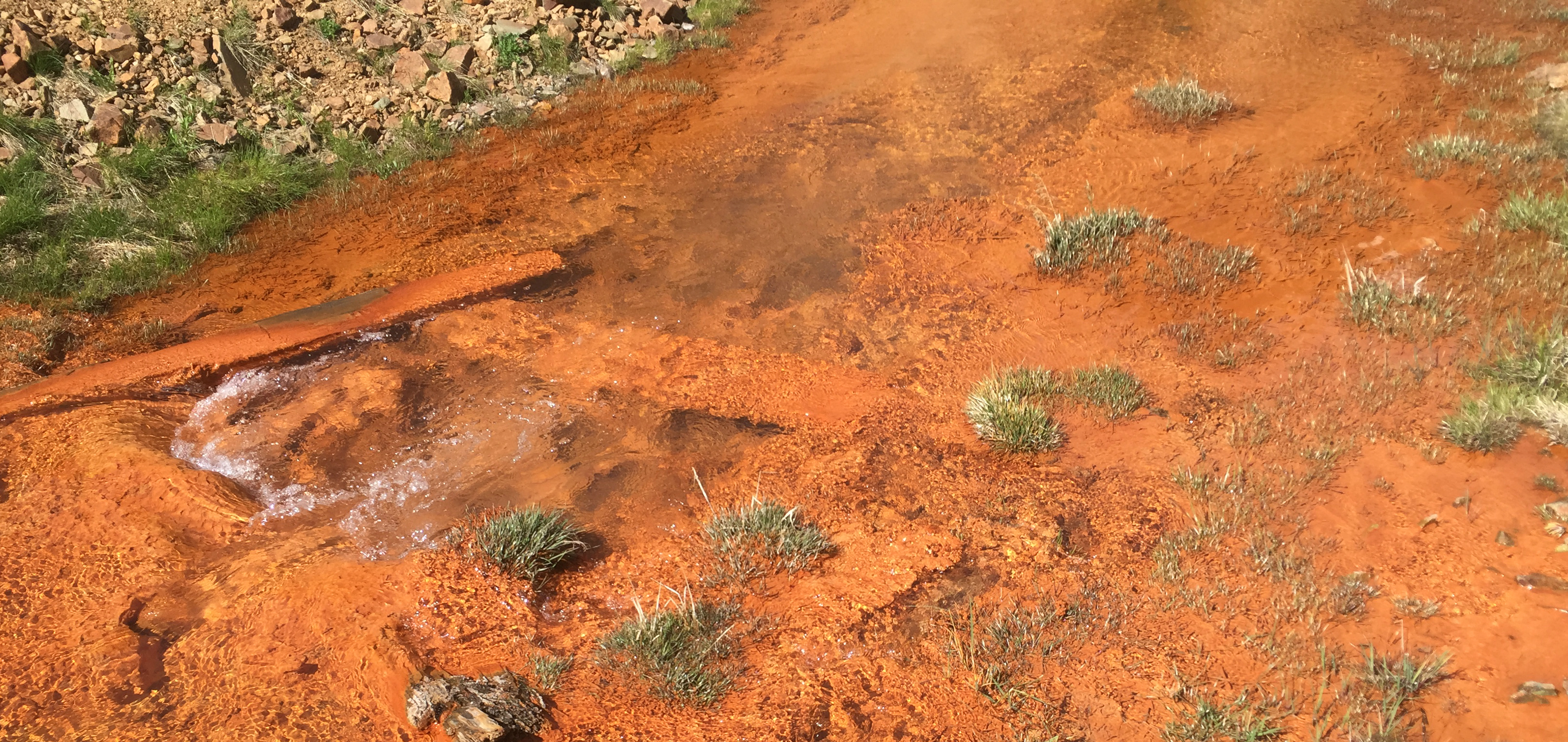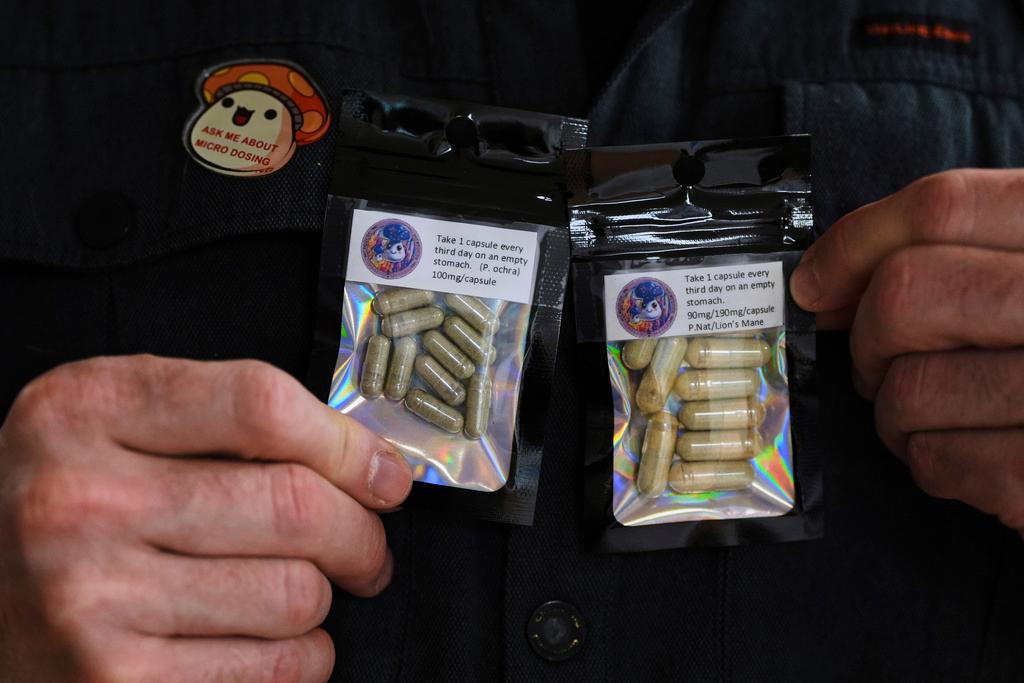
The Environmental Protection Agency is studying whether it can close a dam inside a southwestern Colorado mountain to stop the drainage of contaminated mine water into the Animas River.
The manmade dam, or bulkhead, was installed in 2004 at the abandoned Red and Bonita Mine, near the site of the 2015 Gold King Mine disaster that released millions of gallons of toxic wastewater.
Some 300 gallons of toxic water are released each minute from the site above the town of Silverton. Closing the dam carries the risk of redirecting toxic flows emerging from the mountain through a maze of abandoned mine shafts or natural seeps and springs, The Denver Post reports.
EPA tests show the water has high levels of aluminum, cadmium, copper, iron and zinc. The current flow enters the Animas River watershed.
"We need to understand how water flows before we close it," said Rebecca Thomas, the EPA's project chief.
Tainted wastewater has been flowing from idle mines in the San Juan Mountains for years. In September, the Environmental Protection Agency designated the area north of Silverton as a Superfund site, clearing the way for a multimillion-dollar cleanup that could last years. That decision came after the EPA accidentally triggered a 3-million-gallon wastewater spill from the Gold King Mine in August 2015, contaminating rivers in Colorado, New Mexico and Utah.
The agency calls the project the Bonita Peak Mining District Superfund Site. It includes 47 other sites besides the Gold King, most of them mining-related.
EPA officials and contractors have been mapping tunnels, fissures, seeps and springs and hope to begin closing the dam at the Red and Bonita next year.








